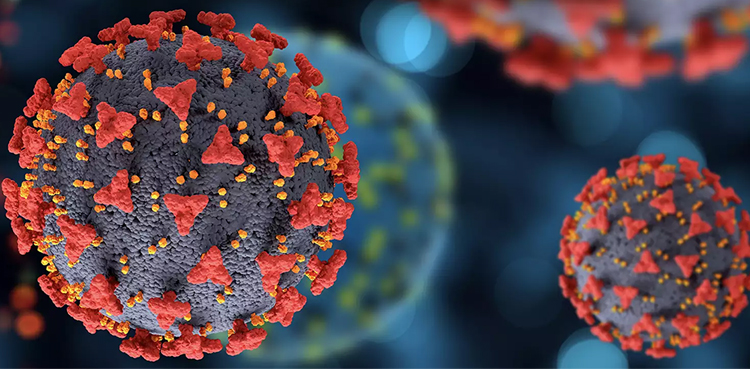
The bacteria living in your small intestine may contribute to the risk for long COVID after infection with SARS-CoV-2, new findings suggest.
Researchers analyzed the “gut microbiome” in 116 COVID-19 patients in Hong Kong in 2020, when regulations required that every infected person be hospitalized. More than 80% were mildly or moderately ill, but more than 75% had at least one persistent symptom. After six months, the most common symptoms were fatigue (reported by 31%), poor memory (28%), hair loss (22%), anxiety (21%) and sleep disturbances (21%), according to a report published on Tuesday in Gut.
Analyses of stool samples obtained at hospital admission and over the succeeding months showed long COVID patients “had a less diverse and less abundant microbiome,” said Siew C. Ng of The Chinese University of Hong Kong. “Patients who didn’t develop long COVID had a gut microbiome similar to that of people without COVID-19.”
Lack of “friendly” immunity-boosting Bifidobacteria species was strongly associated with persistent respiratory symptoms, Ng noted.
While the study cannot prove that healthy gut organisms prevent long COVID, the findings suggest “maintaining a healthy and balanced gut microbiota via diet, avoidance of antibiotics if possible, exercise and supplementing with depleted bacteria species including Bifidobacteria” might be helpful, she said.
Wanted: Volunteers to catch COVID-19
from Science and Technology News - Latest science and technology news https://ift.tt/3GiR2pX
via IFTTT